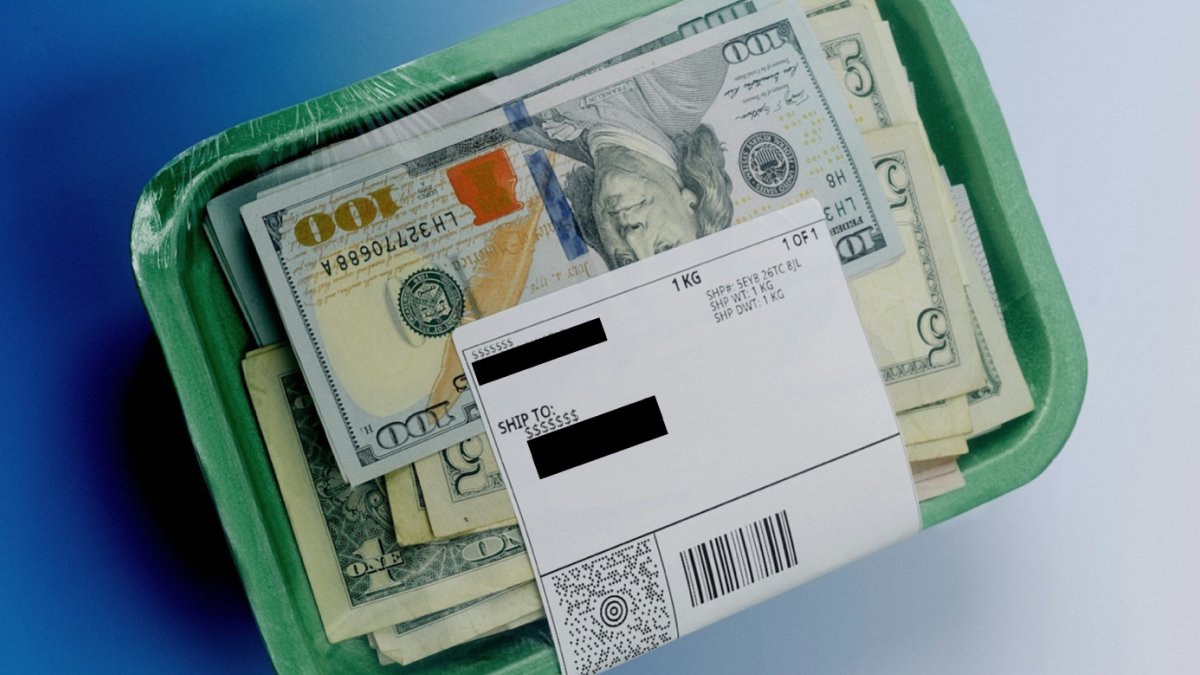Tornado Cash Trial Begins: Government To Tie Roman Storm To Third-Party Scams & Hacks
The first witness brought by government prosecutors detailed a catfishing scam in which the defendant played no apparent role.
Jury selection was completed and proceedings began in the criminal trial of Roman Storm today, Tuesday July 15, in the Thurgood Marshall courthouse of the Southern District of New York. Storm is the co-developer of the Tornado Cash protocol, and faces money laundering charges based on the protocols use by criminals to anonymize illicit funds.
Government prosecutors outlined their plan to connect Storm to a series of scams and hacks whose perpetrators used Tornado Cash. The defense used its opening to emphasize the widespread use of Tornado Cash by “normal people,” and emphasized that Storm played no role in the frauds the government planned to tie him to.
Jury selection featured a pool of 36 prospects who answered questions about their biographies, family, profession, and habits, notably including whether they were fans of procedural TV shows like Law and Order. These pretrial questions are used by defense and prosecution to select jurors more likely to be beneficial for their cases. The jury pool for cases at SDNY is drawn from areas stretching from Manhattan up to Westchester County, and the 16 jurors and alternates ultimately selected represented a cross-section of class, gender, and race.
"That Was a Lie."
The government prosecutors’ brief opening statement, presented by Assistant U.S. Attorney Kevin Mosley, began with a list of frauds and scams, in amounts from $250,000 to $600 million, whose proceeds were anonymized through the Tornado Cash protocol. According to Mosley, Storm was contacted by many victims whose stolen funds were processed through Tornado Cash. “He said there was nothing he could do … This, ladies and gentlemen, was a lie.”
Alluding to the deactivation of the protocol creators’ master keys in 2020, Mosley argued that Storm had “remove[d] the switch that could have shut off one part of the washing machine, so that he could claim it was out of his control.” But “he kept the laundromat open … he paid the electric bill,” an allusion to the web front-end whose active maintenance forms a key pillar of the prosecutions’ case.
Storm, the prosecutor argued, was “running and profiting from a giant washing machine for dirty money, and he knew it.” One piece of evidence previewed was a photograph of Storm wearing a t-shirt depicting a washing machine bearing the Tornado Cash logo.
Mosley promised the jury that “you will see documents Storm hoped to keep secret,” specifically Telegram chats extracted from the phone of one of Storm’s partners, Alexey Pertsev.

"The Agreement was to Build a Tool."
The defense’s opening, delivered by defense attorney Keri Axel, aimed to humanize Storm and to normalize the services offered through Tornado Cash. Axel first emphasized that Storm “writes computer code for a living” and “had nothing to do with those hacks and scams” emphasized by prosecutors.
Axel detailed Storm’s birth in Kazakhstan in 1989, his fascination with computers in the then-Soviet Union, and his journey to Silicon Valley in 2009, where he first worked as a busboy and security guard while teaching himself to code. Eventually, Storm landed jobs first at Cisco, then Amazon, which took him to Seattle.
In 2015 he discovered Bitcoin, then Ethereum. According to Axel, Storm spoke directly with Ethereum cofounder Vitalik Buterin about what the ecosystem needed most, and Vitalik’s answer was “privacy” – an answer that ultimately led Storm to cocreate Tornado Cash.
Axel gave a basic overview of Ethereum, and of the transparent nature of blockchains, to establish that privacy was a “huge problem” on the network. Axel asked the jury how they would feel having their bank data published on the internet, and argued that the “overwhelming majority of people who used [Tornado Cash] were normal people. Prominent people endorsed the project … and Roman worked on it openly, under his own name.” Addressing the washing-machine t-shirt, Axel described it as "like a meme or a cartoon ... it was a joke."
This was important because, Axel argued, prosecutors would have to prove criminal intent in the foundation and creation of Tornado Cash. Instead, in a circa 2019 picture of cocreators Alexei Pertsev, Storm, and Roman Semenov, what jurors may have seen were nervous cofounders embarking on an entrepreneurial journey. “The agreement was to build a tool,” not to commit crime, Axel argued.
But, Axel said, “the government [prosecution] is going to call people who did hack, who did scam, who did steal,” and who will testify against Storm in hopes of reducing their own punishment.
“The Government Just Has This Wrong.”
On the matter of the front-end user interface maintained by Storm and co.’s firm Peppersec, Axel argued, “anyone sophisticated enough to hack those other protocols was sophisticated enough to find these [Tornado Cash] pools and use them” without the UI. “The world is full of products” that get misused for criminal ends – “VPNs, private messaging services, even a hammer … it’s not a crime to make a tool misused by bad people.”
“The government just has this wrong,” Axel argued firmly.
This setup was followed by a punchline: the government’s first witness, who for her benefit I’ll here call by her pseudonym, “Katie” Lin. Over the course of roughly half an hour, prosecutor Thane Rehn – notably part of the team that put Sam Bankman-Fried behind bars – walked Lin through a phishing scheme that cost her at least $190,000. A scammer who contacted her through WhatsApp convinced her to buy crypto on Crypto.com and transfer it to a shady ‘trading platform’ called NTU Capital.

In a hearing last June, the Judge had asked the prosecution whether charging Storm for developing software would be the same as charging the developers of WhatsApp because criminals used it.
This testimony was incredibly detailed, including not only bank statements showing Lin’s withdrawals and wire transfers, but also chats with the apparent scammer. While Lin was a sympathetic witness and her story is tragic, it’s uncertain how a jury full of New Yorkers will respond to a parade of scam victims who may seem, to put it mildly, a bit naive - and none of whom were scammed by Storm.
And by the time testimony wrapped up for the day, neither Roman Storm nor Tornado Cash had played any role in the crime being so meticulously detailed.
Proceedings in U.S.A. v. Storm continue tomorrow at the SDNY at 9am. Judge Failla predicts another 14 days of court proceedings, or at least three weeks. The Rage will be covering every single day of it.
Independent journalism does not finance itself. If you enjoyed this article, please consider making a donation. If you would like to note a correction to this article, please email corrections@therage.co








